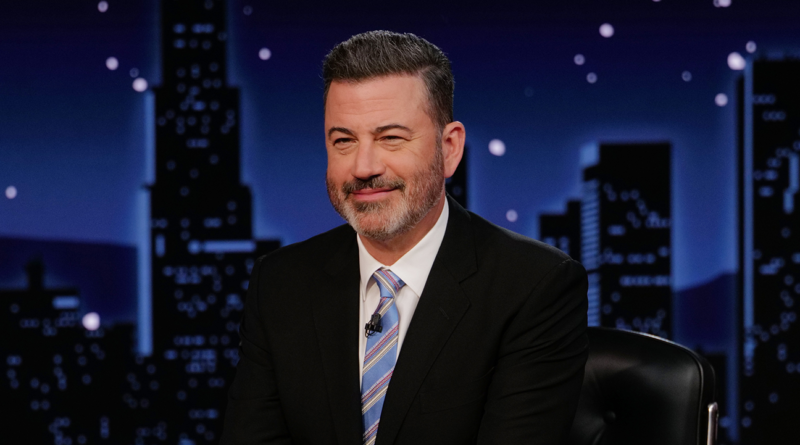On Jimmy Kimmel and the First Amendment
Let me be clear from the start: I oppose both the FCC and the president using their influence to pressure networks about programming decisions. Government officials wielding regulatory power to silence critics sets a dangerous precedent that should concern all Americans, regardless of political affiliation.
That said, I won’t shed many tears over the suspension of Jimmy Kimmel. Following the tragic assassination of Charlie Kirk, Kimmel made comments linking the alleged killer to Trump’s MAGA movement—remarks that many found insensitive and inappropriate in the immediate aftermath of a political assassination. This wasn’t comedy; it was political commentary masquerading as humor, and it failed to read the room at a moment when the nation needed thoughtful reflection, not divisive speculation.
More importantly, many people fundamentally misunderstand what the First Amendment actually protects. The First Amendment shields speech from government censorship—it does not protect anyone from the consequences of their words. Kimmel works for a network, and if his controversial statements become a liability that outweighs his value, ABC has every right to pull his show. This is a business decision, not censorship.
It’s not censorship because Kimmel remains free to share his views on any platform he chooses other than ABC. He can start a podcast, join another network, or take to social media. His right to speak hasn’t been curtailed by the government—a private company has simply decided his brand of commentary no longer serves their interests.
Kimmel has spent years blurring the line between comedy and political activism, often abandoning humor entirely for earnest political lectures. He’s paid to be funny, but hasn’t prioritized that role in quite some time. When a comedian chooses to be a political commentator instead, they invite the scrutiny that comes with that territory.
I don’t celebrate anyone losing their job, and the government pressure that contributed to this outcome is troubling. But Kimmel made his choice to politicize a national tragedy rather than find appropriate ways to process it through humor. In doing so, he may have finally pushed too far for his network’s comfort.
Ultimately, this situation illustrates the difference between having the right to speak and earning the right to be heard on someone else’s platform. Kimmel chose to abandon his comedic role for political punditry at the worst possible moment. The consequences he faces aren’t about his right to free speech—they’re about whether a network wants to continue paying him to deliver political commentary instead of the humor audiences tuned in to watch.

